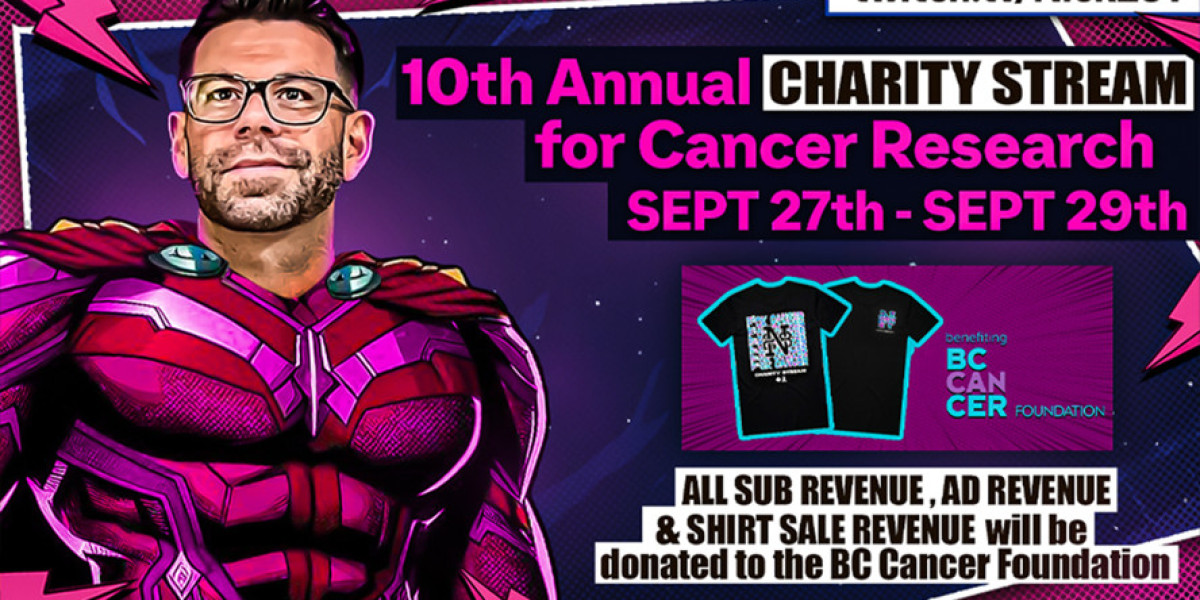Mental Health Assessment Training: Enhancing Skills for Better Patient Care
Introduction
In the ever-evolving landscape of healthcare, mental health has emerged as an important location of focus. With increasing rates of mental disorder, healthcare suppliers must be geared up with the required abilities to assess and deal with these conditions efficiently. Mental Health Assessment Training (MHAT) is developed to prepare specialists-- such as nurses, therapists, and social workers-- with the proficiencies required to conduct thorough mental health assessments. This short article will explore the concepts behind MHAT, its significance, and practical elements, including training methods, typical assessment tools, and frequently asked questions.

The Importance of Mental Health Assessment Training
Mental health assessments are important for determining psychological disorders and determining proper treatment strategies. Subsequently, the quality of these assessments heavily depends on the training that experts get. Here are a few reasons MHAT is important:
- Early Identification of Mental Health Issues: Proper training enables practitioners to recognize early indications of mental health problems, assisting in prompt interventions.
- Standardized Care Protocols: Trained specialists carry out standardized assessment procedures that boost consistency and precision in diagnosis.
- Reliable Communication: Training equips healthcare employees with skills for efficient communication, helping them engage patients in an encouraging way.
- Holistic Approach: MHAT teaches professionals to consider biological, psychological, and social aspects influencing mental health, promoting a more holistic method to care.
Training Methodologies
Mental Health Assessment Training utilizes a range of approaches to guarantee that healthcare professionals are well-prepared for assessment jobs. Here are some typical training strategies:
1. Workshops and Seminars
Workshops often supply extensive knowledge on particular assessment tools and strategies. These interactive sessions enable participants to take part in case studies, role-playing, and group discussions, promoting collaborative learning.
2. Online Courses and Webinars
The benefit of digital learning platforms has actually made online courses and webinars a popular alternative for mental health experts. These courses typically consist of video lectures, quizzes, and online forums for conversation, enabling versatile knowing.
3. Field Training and Supervision
Practical experience is essential in mental health assessment training. Supervised field training includes hands-on practice under the guidance of knowledgeable professionals, helping trainees establish proficiency through real-world applications.
4. Continuing Education Units (CEUs)
To guarantee that practitioners stay upgraded with the latest practices and research in mental health assessments, continuing education systems are provided through accredited organizations. These CEUs add to the professional's development and may be needed for licensure renewal.
Typical Assessment Tools in Mental Health
A successful mental health assessment depends upon the tools used to collect details. Below is a choice of frequently used instruments:
| Assessment Tool | Purpose | Format |
|---|---|---|
| Beck Depression Inventory (BDI) | To determine the severity of depression | Self-report questionnaire |
| Generalized Anxiety Disorder 7 (GAD-7) | To evaluate the intensity of generalized anxiety disorder | Self-report questionnaire |
| Mental Status Examination (MSE) | To assess cognitive operating and mindset | Structured interview |
| Patient Health Questionnaire-9 (PHQ-9) | To recognize and evaluate depression | Self-report questionnaire |
| Columbia-Suicide Severity Rating Scale (C-SSRS) | To evaluate suicidal ideation and habits | Structured interview |
Benefits of Mental Health Assessment Training
Investing in MHAT yields numerous benefits for both doctor and patients. Here are some significant benefits:
- Increased Accuracy in Diagnosing Disorders: Proper training improves the ability to distinguish in between numerous mental health conditions successfully.
- Building Trust with Patients: A well-trained expert can promote trust among clients, leading to more open communication about mental health concerns.
- Better Patient Outcomes: By utilizing effective assessment techniques, healthcare suppliers can create tailored treatment strategies that lead to improved patient outcomes.
Mental Health Assessment Training plays an essential role in equipping healthcare experts with the abilities necessary for effective mental health care. As mental health issues continue to rise, the demand for trained experts who can carry out thorough assessments has ended up being increasingly important. By finding out through numerous training methods, making use of reliable assessment tools, and welcoming the benefits of sound training, mental health professionals can contribute significantly to enhancing patient care.
Frequently asked questions
1. Who is qualified for Mental Health Assessment Training?
mental Health assessment training (www.angelacole.top) is generally created for healthcare experts, including therapists, therapists, nurses, and social workers. Some programs might also accept students studying in related fields.
2. For how long does Mental Health Assessment Training take?
The duration of MHAT differs depending on the training service provider and the format of the course. Workshops usually last a few days, while online courses can range from a couple of hours to numerous weeks.
3. Exist any accreditation programs offered?
Yes, there are various certification programs available in mental health assessment and related fields. Individuals may select to register in recognized courses that provide accreditation upon conclusion.
4. What are the expenses connected with Mental Health Assessment Training?
Costs can differ commonly based on various factors such as the training company, location, and course format. It's recommended for interested individuals to research several alternatives to discover a program that fits their spending plan.
5. Is continuing education required after finishing MHAT?
Yes, many expert licensing boards require continuing education to keep licensure. Participating in ongoing training in mental health assessment is useful for expert advancement and adherence to market standards.
In conclusion, Mental Health Assessment Training is indispensable for those working in the mental health field. By cultivating the understanding and skills required for comprehensive assessments, healthcare experts can improve their practice and eventually contribute to better mental health outcomes for their clients.









